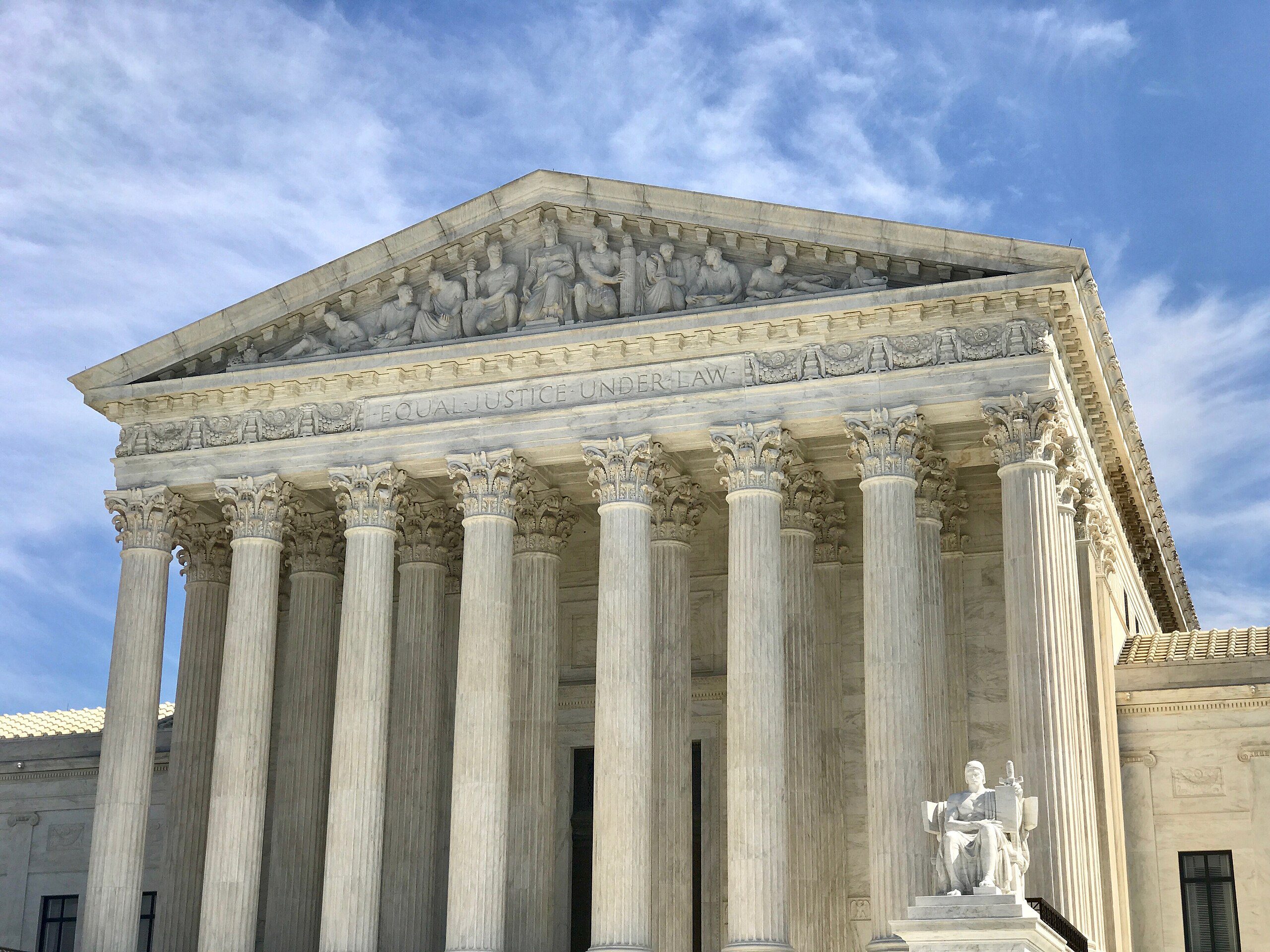- The Supreme Court rejected a proposed consent decree in a water dispute case, Texas v. New Mexico and Colorado.
- The Court held that the decree would dispose of the United States’ claims without its consent.
- The United States argued that New Mexico’s groundwater pumping violated the Rio Grande Compact.
- The Court agreed with the United States and held that the consent decree would settle the question by deeming New Mexico compliant with the Compact.
- The Court’s decision is a victory for the United States in its effort to protect its water rights under the Rio Grande Compact.
July 9, 2024 — As previously reported, Texas v. New Mexico and Colorado involves a dispute over water rights in the Rio Grande. Texas sued New Mexico, alleging that New Mexico was violating the Rio Grande Compact by allowing too much groundwater pumping. The United States intervened in the case, arguing that it had a distinct federal interest in the Compact. Texas and New Mexico reached a proposed consent decree that would have resolved the dispute. However, the United States objected to the decree, arguing that it would dispose of its claims without its consent.
The Supreme Court’s Decision.
On June 21, the Supreme Court agreed with the United States and rejected the proposed consent decree . The Court held that the decree would have the effect of “cutting [the United States] off from a remedy to which” it alleges it is entitled.
. The Court held that the decree would have the effect of “cutting [the United States] off from a remedy to which” it alleges it is entitled.
Implications of the Decision.
The Court’s decision is a victory for the United States in its effort to protect its water rights under the Rio Grande Compact. The decision also has implications for other states involved in water disputes.
Quote from the Court.
In its opinion , the Court stated:
, the Court stated:
Having acknowledged those interests, and having allowed the United States to intervene to assert them, we cannot now allow Texas and New Mexico to leave the United States up the river without a paddle.
Link to Decision  (PDF).
(PDF).

